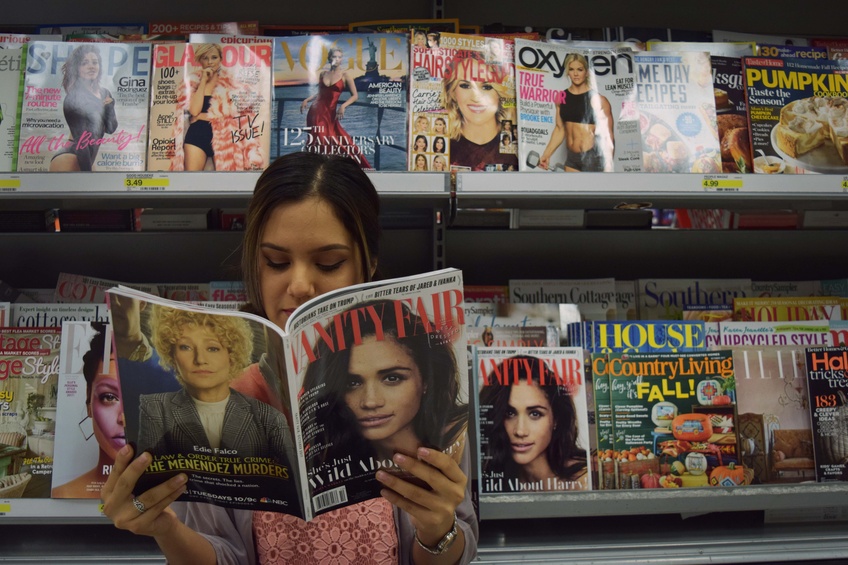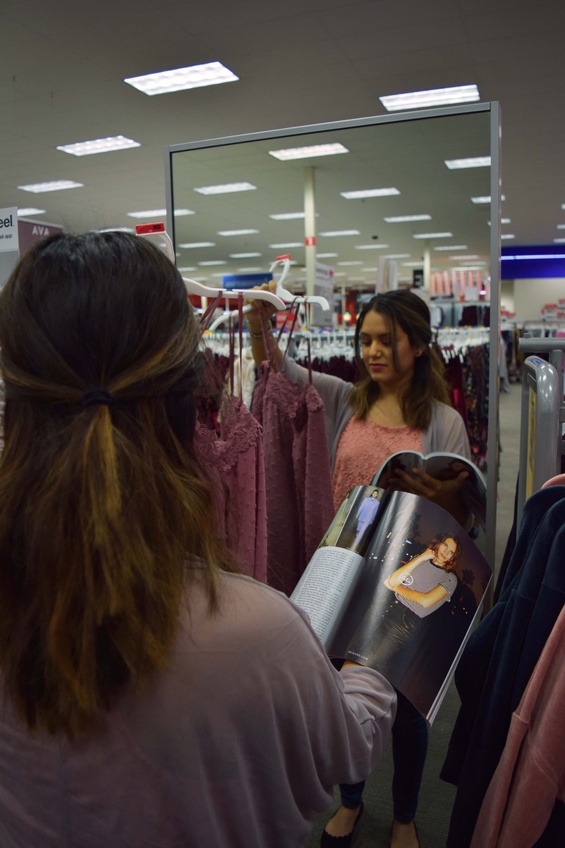Living in a digital generation means constantly communicating through screens, but those screens have been proven to negatively impact on our mental health.
Whether you lurk or post, Instagram, Snapchat, Twitter, Facebook and other social media platforms are where most millennials spend some of their down time.
According to #StatusOfMind, published by the Royal Society for Public Health and the Young Health Movement, 91 percent of 16-24 year olds use the internet for social networking.. #StatusOfMind recently discovered that Instagram and Snapchat are the most detrimental to young people’s mental health, while Youtube is the most positive. The report also states rates of anxiety and depression have risen 70 percent in the past 25 years.
“I look at social media way more than I should,” said Trevor Daley, a freshman general education major from Springville. “I just have a habit to open up my phone and open Twitter or Snapchat immediately even if I didn’t mean to go to those apps.”
Daley said he mostly follows friends, but he does follow celebrities and music artists.
“I compare myself to photographers a lot because I wish I could have more time to take pictures and actually be a little better at it,” Daley said.
Mei Brennan, a junior integrated studies major from Layton, said she uses social media all day long. She said it is an addiction.
“I compare my pictures with famous people’s and get ideas for photo ideas or captions to increase my followers and likes,” Brennan said. “The amount of followers and likes [I get] is important to me.”
Brennan said she also uses social media to compare her golf swing to others so she can improve her game; however, she said she also follows celebrities for motivation and inspiration to look a certain way.
“I would suggest people keep their friends and followers lists to only include people they actually know and are friends with in the real world as well,” said psychology tutor Kelsie Orton, a senior psychology major from Rexburg, Idaho. “I think just viewing all posts with an understanding that most people are simply trying to always put their best foot forward is very helpful in preventing negative self evaluations based off comparisons to others.”
Orton said she is aware most of her friends’ Instagram pictures are photoshopped, and she is always weary when thinking about comparing herself.
“Humans are incredibly social creatures, and we really strive off of having good social support and close relationships,” Orton said. “[Social sites] seem to enhance social connection, but with the way that people portray their lives on the internet, the social connection is often overshadowed by the misleading posts and photographs people post.”
Social media can be useful when connecting with friends who don’t live close, or when trying to gain knowledge about various topics, but you have to understand how to properly control your social media use.
Don’t follow accounts just to compare yourself
If you find yourself following models, celebrities, or people you don’t know just because they are beautiful and live luxurious lives, then disconnect with them. Comparing yourself to others can be destructive, and when those people you are comparing yourself to are only showing you amazing and often altered versions of their lives, the comparison isn’t realistic.
Follow accounts that uplift youFollow empowering accounts. Following users who show real people or those who post uplifting content can turn your dreary timeline into something a bit more positive. Some of my favorite Instagram accounts are Humans of New York, Girlboss and Positive Vibes Quotes.
Set a time limit for social media sites
Limit your time on social media. This is easy to say but hard to do; however, the next time you feel the urge to pick up your cellphone or computer when you are bored, try picking up a book instead, or maybe go on a walk. Set a limit on how often you are on social media platforms each day.
Cut ties with negative friends
Unfollow negative friends. Don’t cut out all the negative people you follow because it’s important to keep in touch with what real life is like, but if you follow those people who constantly complain about how terrible the world is, cut them off. You don’t need that type of negativity in your life.
Don’t get on social media mindlesslyEngage with a purpose. Instead of mindlessly scrolling through your social media timelines, try to gain information relevant to your life or at least gain some knowledge each time you log on. Budgeting and overspending often become large recurring issues for struggling college students, especially if they don’t track their spending.



